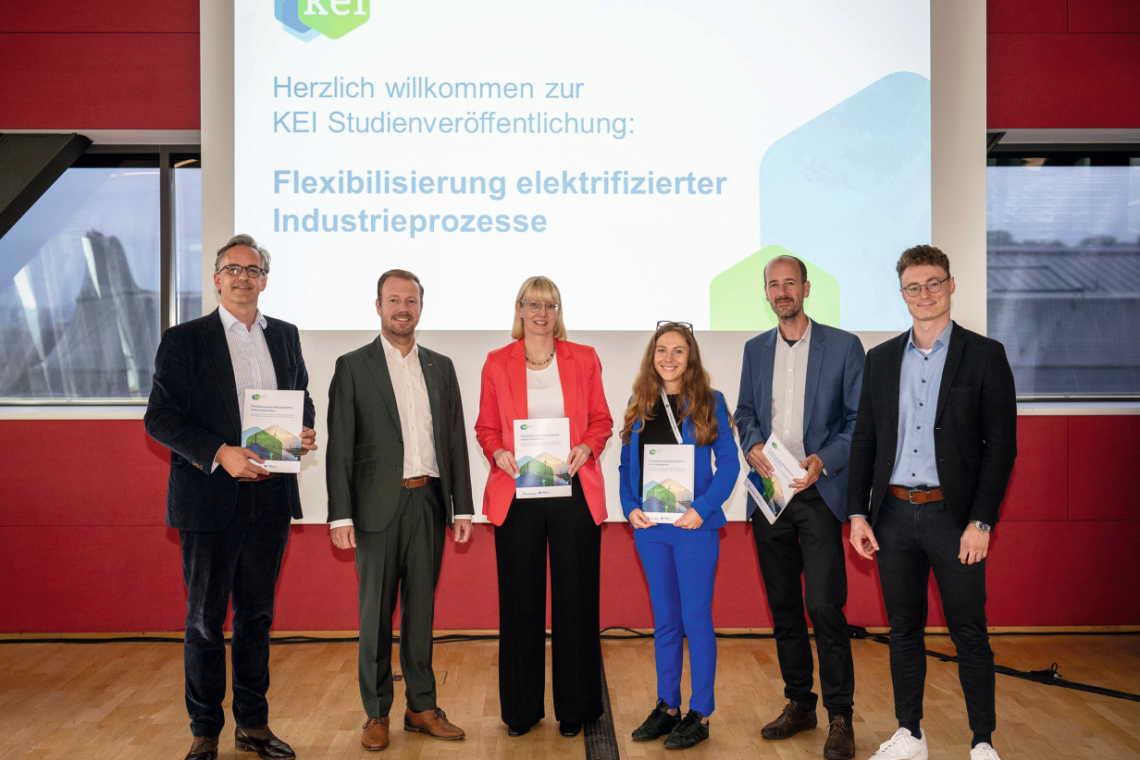On the road to climate neutrality, energy-intensive industrial companies are confronted with a rapidly changing energy system. A study by the Competence Center for Climate Protection in Energy-Intensive Industries (KEI), Fraunhofer ISI and RWTH Aachen University now provides recommendations for action.
Der vollständige Artikel ist nur für Online- oder Premium-Abonnenten zugänglich. Damit kann jederzeit das gesamte Informationsspektrum der Fachzeitschrift genutzt werden.
Alternativ gibt es die Möglichkeit, Einzelartikel im Artikelarchiv der Galvanotechnik oder PLUS als PDF zu beziehen.


